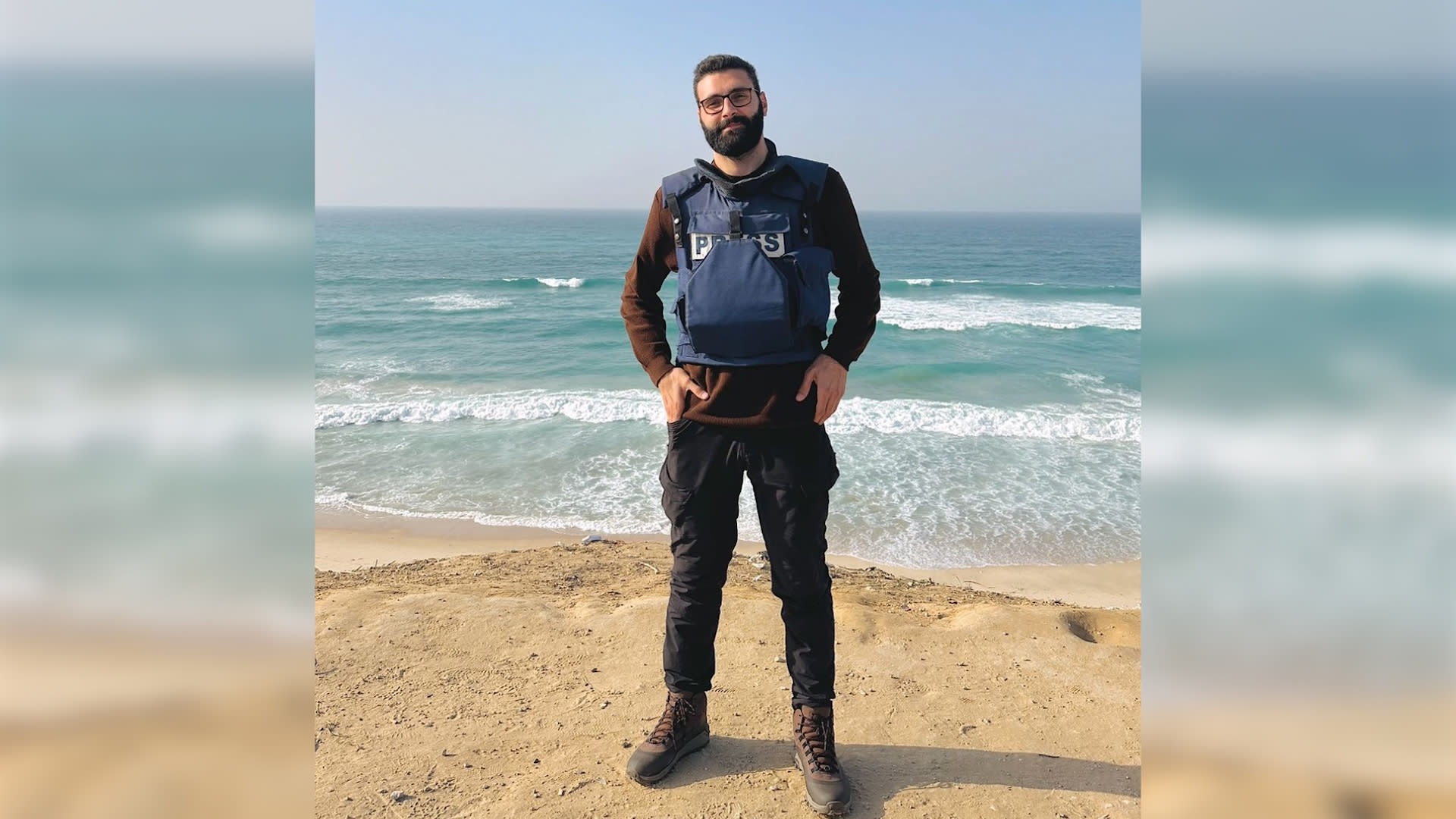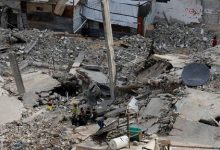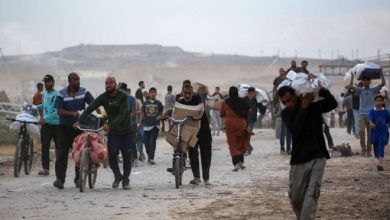Motaz Azaiza’s Brave Departure: A Palestinian Journalist’s Journey Amidst Gaza’s Turmoil

Watan-Palestinian journalist Motaz Azaiza revealed the reasons that led him to leave the Gaza Strip after spending more than 100 days covering the Israeli war on Gaza.
In an interview with Al Jazeera, Azaiza stated that he intends to influence the situation in the besieged territory from abroad, describing the decision to leave as one of the toughest decisions in his life.
He added, “This is a fateful decision that came after the start of the incursion, invasion, and approaching my home, in addition to the shortage of food and the difficulties that arise every day.”
“My journalistic work was interrupted several times during the day until I find enough to sustain my daily life… There is an internet crisis, poor internet access, imagining the event, and you need two days to send it,” he continued.
“قرار خروجي هو الأصعب في حياتي”.. الصحفي الفلسطيني معتز عزايزة motaz_azaiza يكشف للجزيرة مباشر مشاعره والأوضاع بعد مغادرته #غزة#الجزيرة_مباشر #غزة_لحظة_بلحظة pic.twitter.com/wJhHYCxOC5
— الجزيرة مباشر (@ajmubasher) January 23, 2024
“After more than 107 days of covering the massacres happening to my people in Gaza, I found that my presence abroad would have a greater impact,” he noted, expressing a feeling that his impact was no longer as it was initially, and it was time to work and press from outside.
Emotional Departure of Motaz Azaiza’s Brave Departure: A Palestinian Journalist’s Journey Amidst Gaza’s Turmoil from Gaza
Motaz Azaiza’s impactful departure from Gaza came after he covered the war on Gaza for 107 days. In an emotional farewell message, he said, “This is the last time you’ll see me wearing this heavy vest; I have decided to leave today.”
Fighting back tears, he added, “I’m sorry, but soon there will be a return, and together we will help rebuild Gaza again.”
Motaz Azaiza Faces Wide Threats
In a video, Azaiza’s colleagues and friends were seen removing his journalistic vest, and he emotionally said, “I will miss these people; I spent all days with them, even if they at times kicked me out of the office, I will miss you, comrades.”
Motaz Azaiza had documented scenes of the Israeli military’s offensive on the Gaza Strip by sharing videos in both Arabic and English since the beginning of the war. He had previously disclosed receiving numerous threats and Israeli offers to stop portraying the war’s image in Gaza, the suffering of the people, and leaving Gaza in exchange for a comfortable life.






